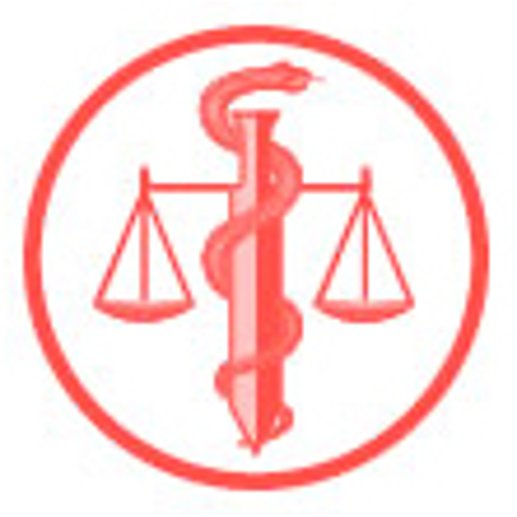Press release
The European Union reiterated its commitment to promote human rights and to eliminate torture during a forum, “End Torture in the Philippines” with the Medical Action Group (MAG) and Task Force Detainees of the Philippines (TFDP) held in Makati City. This event took place to mark the “International Day in Support of Victims of Torture”.
“Torture is not only a tragedy for its victims – it is also degrading for those who perpetrate it, and inevitably it harms the welfare of societies which tolerate such outrages”, EU Ambassador Guy Ledoux said.
It is recognised that positive gains have been made by the Aquino administration in its efforts to stop the practice of torture in the Philippines. There is a need to end the culture of impunity by bringing perpetrators to justice and to encourage all stakeholders to double their collective efforts. “While a significant improvement to the legal environment in torture prevention in the Philippines through the enactment of the Anti-Torture Law in 2009 can be noted, much still needs to be done to implement it and hold those responsible for torture cases accountable”, he said.
The EU Ambassador praised the efforts made by the Commission of Human Rights and civil society organisations including the Medical Action Group and the Task Force Detainees of the Philippines in monitoring the torture cases and in addressing the legal and medical concerns of the victims of torture.
Meanwhile, Edeliza P. Hernandez, MAG Executive Director said that “The existence of “wheel of torture” game at a Philippine National Police (PNP) detention facility in Biñan, Laguna where detainees are reportedly tortured by authorities and its discovery by the Commission on Human Rights of the Philippines (CHRP) early this year only shows the culture of torture impunity in the country.”
Emmanuel C. Amistad, TFDP Executive Director cited the “June 26 Declaration as important step to urge the authorities for a more systematic and diligent implementation of the Anti-Torture Law to ensure perpetrators are brought to justice, and to ensure zero-tolerance of torture in all detention and custodial facilities nationwide.”
The forum aimed at presenting and discussing key findings and concrete recommendations of a report on the implementation of the Anti-Torture law prepared by the United Against Torture Coalition, a network of civil society organisations. The review examines actual torture cases and highlights the challenges faced by torture survivors and their families to seek redress even after the enactment of the Anti-Torture Law in 2009.-end-
BACKGROUND
The forum is organised within the framework of a three-year project implemented by MAG and TFDP and funded by the EU under its financial Instrument for Democracy and Human Rights (EIDHR) which support actions of civil society organisations. This project entitled “Use of Evidence Based Approach to Human Rights Documentation and Monitoring for the Protection of Human Rights Defenders and their Families, and in the Fight Against Impunity” and is supported with an EU grant. It aims to provide support for and strengthen protection of human rights defenders and their families.
The prevention of torture and the rehabilitation of torture victims has been one of the priorities for funding under the EIDHR which, since 2006, has provided more than € 6 million (or Php 360 million) to support civil society’s efforts to address various human rights issues in the Philippines.
Under its bilateral cooperation, the EU also provides significant resources and technical assistance for the protection of human rights. Through the EU-Philippines Justice Support Programme (EPJUST), it notably cooperates with the various stakeholders of the criminal justice system to reinforce their capacities to ensure the conviction of perpetrators of major human rights violations such as extra-legal killings, enforced disappearances, and torture.
In the future, the EU will increase its support to the Commission on Human Rights and to civil society for better human rights protection.

